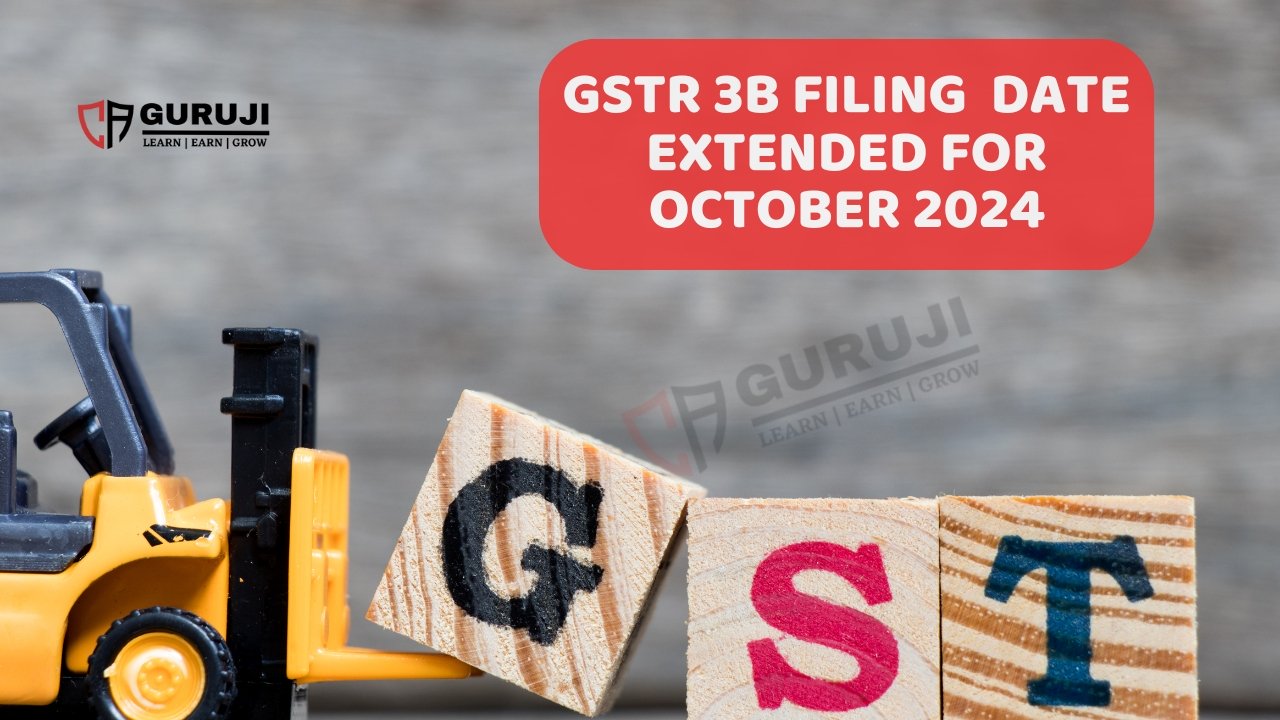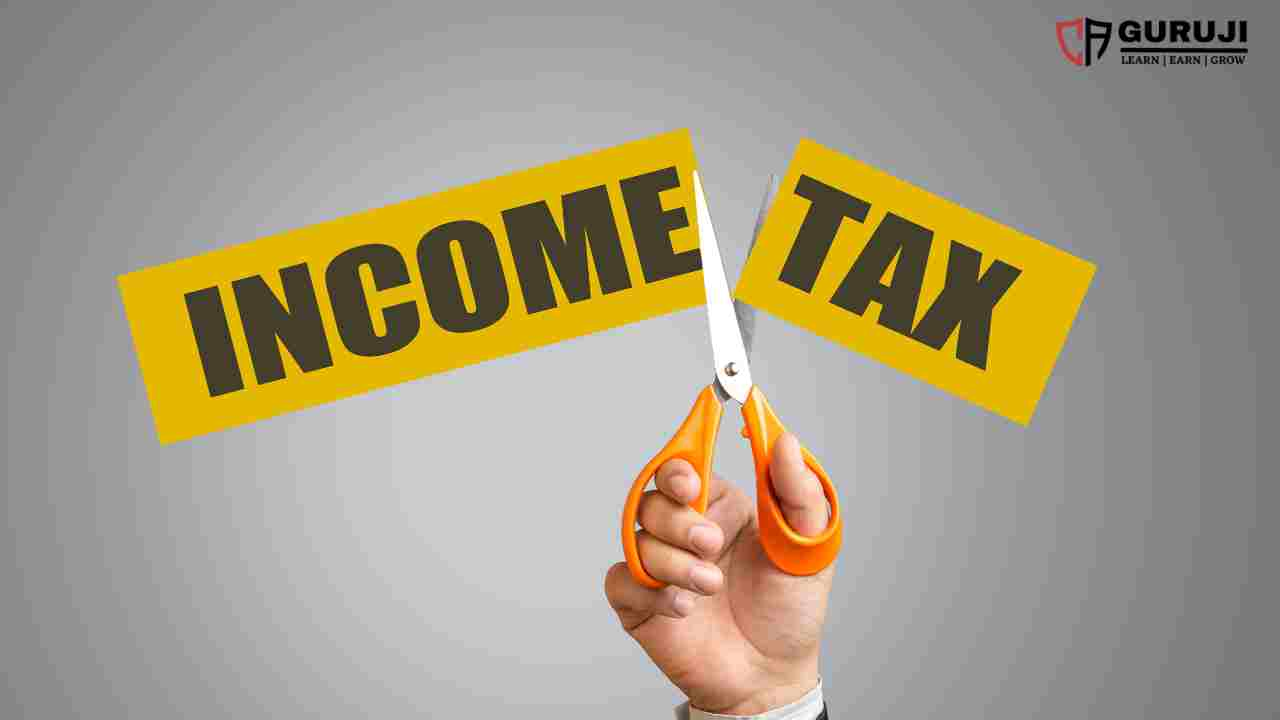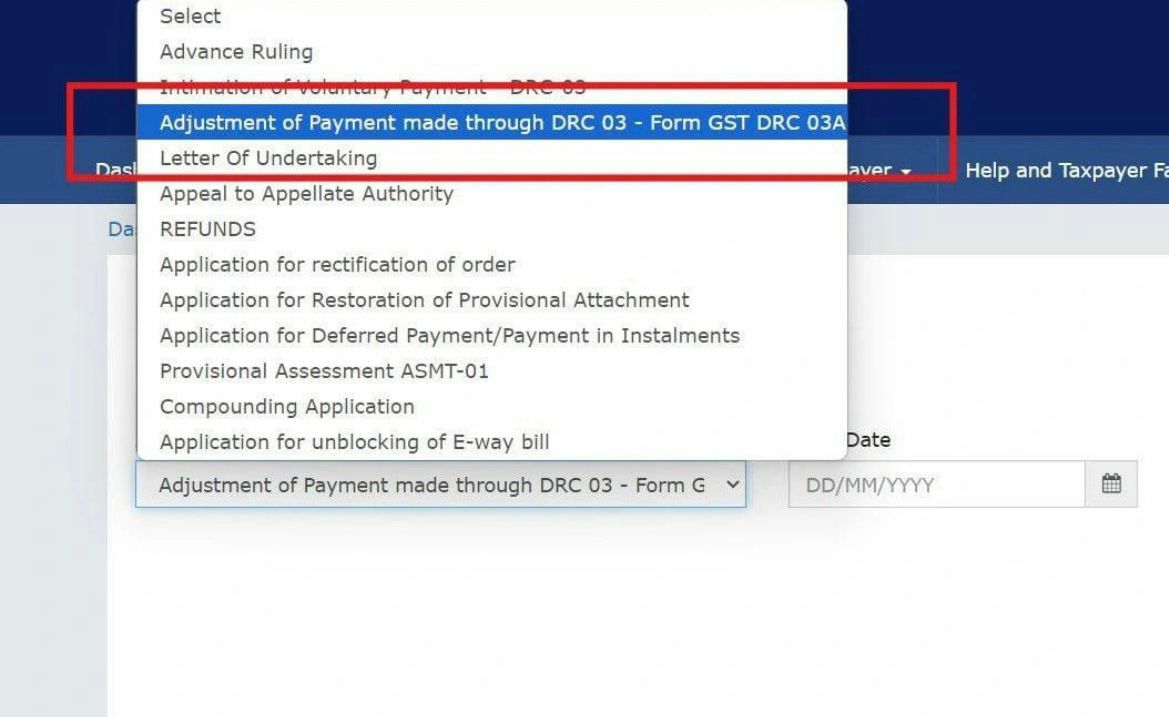Income Tax Return (ITR-1)
The simplest income tax return form in India, designed for individual taxpayers with relatively straightforward financial affairs. It is used by residents with income up to ₹50 lakh from salary, one house property, other sources (excluding winnings from lottery and horse racing), and agricultural income up to ₹5,000. Mainly salaried persons, pensioners, Senior citizens, House wives having income from interest or family pension use ITR-1 form.
Who can file ITR
- Residential Status:
- Resident Individual
- Total Income Limit:
- Total income does not exceed ₹50 lakh during the Financial Year (FY).
- Sources of Income Include:
- Salary
- Income from one house property
- Family pension income
- Agricultural income (up to ₹5,000)
- Other sources such as: Interest from Savings Accounts, Interest from Deposits (Bank / Post Office / Cooperative Society), Interest from Income Tax Refund, Interest received on Enhanced Compensation, Any other Interest Income, Family Pension
- Clubbing of Income:
- Income of Spouse (other than those covered under Portuguese Civil Code) or Minor is clubbed, only if the source of income is within the specified limits as mentioned above.
Who can not file ITR
- Residential Status:
- Resident Not Ordinarily Resident (RNOR), and Non-Resident Indian (NRI)
- Total Income Limit:
- Total income exceeding ₹50 lakh
- Agricultural Income:
- Agricultural income exceeding ₹5,000
- Excluded Income Types:
- Income from lottery, racehorses, legal gambling, etc.
- Taxable capital gains (both short term and long term)
- Investment in unlisted equity shares
- Income from business or profession
- Being a Director in a company
- Specific Exclusions:
- Tax deduction under section 194N of the Income Tax Act
- Deferred income tax on Employee Stock Ownership Plan (ESOP) received from employer being an eligible start-up
- Multiple House Properties:
- Owns and has income from more than one house property
Why should file ITR
Individuals who should file ITR-1 include salaried employees, pensioners, and those with income from one house property or other specified sources.
For example, consider Mr. Rao, a government employee receiving his salary and some interest from a fixed deposit. He is eligible to file ITR-1.
Similarly, Mrs. Sharma, a retired individual with pension income and some interest from savings accounts, is also suitable for ITR-1.
However, individuals with income exceeding Rs 50 lakh, directors of companies, or those holding unlisted equity shares are not eligible for ITR-1. They would need to select the appropriate ITR form based on their specific financial circumstances. In essence, individuals earning income primarily from salaries, pensions, one house property, or other specified sources, and with a total income below Rs 50 lakh, should file their income tax returns using ITR-1.
Who is it mandatory to file ITR
It is mandatory for individuals who meet the eligibility criteria for filing ITR-1 to do so if their total income exceeds the basic exemption limit specified by the Income Tax Department.
Following are the some cases where an individual has to file his ITR irrespective of their income level, Even if Income is Zero
- If an individual had deposited more than Rs 1 crore or more in one or more current Account
- If an individual had deposited more than Rs 50 Lakh or more in one or more current Account
- If an individual has incurred an expenditure exceeding Rs 2 lakh for himself or any other person for foreign travel.
- Has incurred an expenditure exceeding Rs 1 lakh toward electricity payment in a year.
- Is a beneficial owner or beneficiary of any asset outside India.
- Is a signatory to a foreign bank account.
- For professionals, if the gross receipts exceed Rs 10 lakh they have to file ITR.
- For Businesses, if Turnover exceeds Rs. 60 Lakh
- If amount of TDS/TCS is deducted more then Rs.25000 (Rs.50000 in case of Senior citizens)
Who is exempted from filing ITR
Income Below Taxable Limit: Individuals whose total income falls below the basic exemption limit specified by the Income Tax Department, which is currently Rs 2.5 lakh for individuals below 60 years of age, are not required to file ITR.
Senior Citizens and Super Senior Citizens: Senior citizens (aged 75 years or above) who have income only from pension and interest and where tax has been deducted at source (TDS) exempt from filing ITR, Read more
Documents required for filing ITR
Form 16: This document is provided by the employer and contains details of salary income, TDS (Tax Deducted at Source), and other allowances.
Bank Statements: Bank statements are required to report interest income earned from savings accounts, fixed deposits, or other financial instruments.
Form 26AS: This form provides a consolidated statement of all taxes deducted on behalf of the taxpayer, including TDS on salary, interest income, etc. It can be downloaded from the Income Tax Department’s website.
Details of Income from Other Sources: Any income earned from sources other than salary, such as interest income, rental income, or dividends, needs to be reported. Relevant documents supporting such income should be kept ready.
Details of Deductions: Documents supporting deductions claimed under various sections of the Income Tax Act, such as investments in PPF (Public Provident Fund), LIC (Life Insurance Corporation) premium payments, NSC (National Savings Certificate), etc., should be maintained.
Property Details: If the taxpayer owns a house property, details such as address, property type, and income earned or loss incurred from the property need to be provided.
Aadhaar Card: Aadhaar card details are required for e-filing of tax returns and for verification purposes.
PAN Card: PAN (Permanent Account Number) is essential for filing tax returns and should be provided accurately.
Form 16A/16B/16C: If the taxpayer has received income other than salary where TDS has been deducted, such as rental income or professional fees, Form 16A/16B/16C needs to be collected from the deductor.
Investment Proofs: Documents supporting investments made during the financial year, such as receipts or statements for investments in ELSS (Equity Linked Savings Scheme), PPF, NPS (National Pension System), etc., should be kept ready for verification.
Steps for filing ITR
File yourself by watching this video
Gather Required Documents: Collect all necessary documents such as Form 16 (if employed), bank statements, investment proofs, and other relevant financial documents.
Register/Login on Income Tax Portal: Register or login to the Income Tax Department’s e-filing portal (https://www.incometaxindiaefiling.gov.in/) using your PAN (Permanent Account Number) as the user ID.
Select Appropriate ITR Form: Choose ITR-1 as the form for filing your income tax return.
Fill in Details: Fill in all required details in the ITR-1 form accurately. This includes personal information, income details, deductions claimed, tax computation, etc.
Calculate Tax Liability: Calculate your total tax liability based on the income details provided and available deductions.
Validate and Save: Validate the filled-in details using the built-in validation feature of the ITR form. Save the form once all details are filled in correctly.
Verify Tax Computation: Double-check all calculations to ensure accuracy and verify that all income sources and deductions have been correctly accounted for.
E-Verify or Send Signed ITR-V: After than, e-verify your return using Aadhaar OTP, net banking, or other available options. Alternatively, if not e-verifying, download the ITR-V (Acknowledgement) and send the signed copy to the Centralized Processing Centre (CPC), Bengaluru, within 30 days of e-filing.
Confirmation: Once the return is successfully e-verified or the ITR-V is submitted, you’ll receive an acknowledgment confirming the filing of your ITR.
Can deductions under various sections be claimed in ITR-1?
Section 80C: Deductions for investments in specified instruments such as Public Provident Fund (PPF), Employee Provident Fund (EPF), Equity Linked Savings Schemes (ELSS), National Savings Certificate (NSC), life insurance premium, etc.
Section 80D: Deductions for health insurance premiums paid for self, spouse, children, or parents.
Section 80TTA/80TTB: Deductions on interest income from savings account (80TTA) or interest income for senior citizens (80TTB).
Section 80E: Deductions on interest paid on education loan for higher studies.
Section 80G: Deductions for donations made to specified funds, charities, or organizations.
Section 80EEA: Deductions on interest paid on home loan for first-time homebuyers.
Section 80EEB: Deductions on interest paid on electric vehicle loan.
What is the Last Date for filing ITR-1?
31st July: This is the usual due date for individuals to file their income tax returns for the previous financial year. However, this date may be extended by the Income Tax Department in certain cases. It’s important to note that the due date can vary based
How to rectify errors in ITR-1 after filing?
In Case of Error or ommission an revise return can be filled till 31 December under section 139(5)
What are the consequences of not filing ITR-1 on time?
Loss of Refunds: Filing ITR-1 after the due date may lead to a delay in processing your tax return, resulting in a delay in receiving any tax refunds owed to you by the Income Tax Department.
Ineligibility for Carry Forward of Losses: If you have incurred any losses during the financial year and wish to carry them forward for set-off against future income, timely filing of ITR-1 is necessary. Failure to do so may result in the loss of eligibility to carry forward such losses.
Prosecution: In extreme cases of deliberate non-compliance or evasion, the Income Tax Department may initiate prosecution proceedings against the taxpayer under various sections of the Income Tax Act.
Restrictions on Certain Financial Transactions: Non-filing or late filing of ITR-1 may result in restrictions on certain financial transactions, such as obtaining loans, applying for visas, or participating in government tenders.
Additional Scrutiny: Taxpayers who fail to file ITR-1 on time may come under the radar of the Income Tax Department for additional scrutiny and investigation, leading to potential audits or assessments.
How to verify ITR-1 after filing?
E-Verify Online: The easiest and most common method is to e-verify your ITR-1 online. There are several options available for e-verification, including:
- Aadhaar OTP: If your mobile number is linked to your Aadhaar, you can choose the Aadhaar OTP option to receive a one-time password on your registered mobile number for verification.
- Net Banking: If you have an internet banking account with a bank that is authorized for e-verification, you can log in and select the e-verification option to verify your ITR-1.
- Bank ATM: Some banks offer the facility to e-verify ITR using their ATMs. Visit the ATM and follow the instructions provided to complete the e-verification process.
- Demat Account: If you have a demat account, you can use it to e-verify your ITR by logging in and selecting the e-verification option.
Electronic Verification Code (EVC): You can also generate an Electronic Verification Code (EVC) through the Income Tax e-Filing portal and use it to verify your ITR-1. EVC can be generated using various methods such as net banking, bank ATM, Aadhaar OTP, etc.
Physical Verification (Sending Signed ITR-V): If you are unable to e-verify your ITR-1 online, you can opt for physical verification by sending the signed ITR-V (Acknowledgement) to the Centralized Processing Centre (CPC), Bengaluru, within 30 days of e-filing. After e-filing, download the ITR-V from the Income Tax e-Filing portal, sign it in blue ink, and send it via ordinary post or speed post to the CPC address mentioned in the ITR-V.
Check E-Verification Status: After e-verifying your ITR-1, you can check the e-verification status on the Income Tax e-Filing portal to ensure that the verification process is successful. Once verified, your ITR-1 filing process is complete.
An assistance be sought for filing ITR-1?
Tax Professionals: Tax professionals such as Chartered Accountants (CAs), Tax Consultants, or Tax Practitioners specialize in tax matters and can assist individuals in filing their ITR-1 accurately. They can provide guidance on tax-saving strategies, deductions, and compliance with tax laws.
You can contact team of Tax Experts at 9150010300 or visit www.legalsahayk.com
Visit www.cagurujiclasses.com for practical courses











